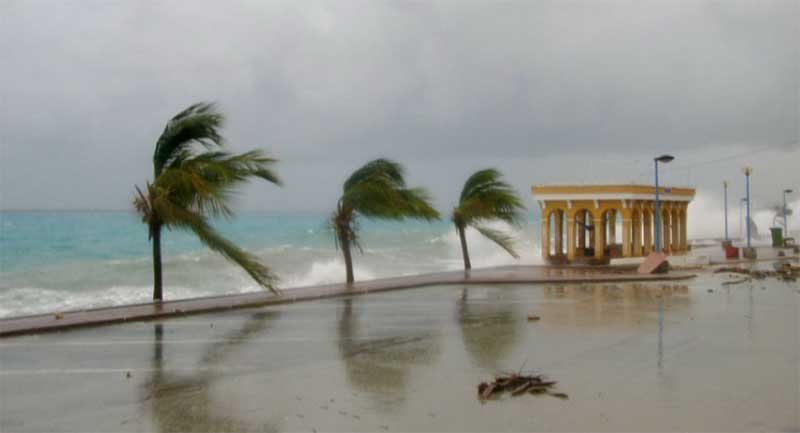A questionnaire exposed climate change vulnerabilities on Bonaire.
Last May, the Dutch Caribbean Nature Alliance (DCNA)‘s research intern Nina Zander conducted a questionnaire. This questionnaire was part of her research into how resilient Bonairean households are to vulnerabilities due to climate change. Her study has now been completed, and the results suggest that there are still many barriers before households on Bonaire are resilient to the vulnerabilities. Action to increase this resilience is required.
Climate change and vulnerabilities
Global warming causes big changes in climate. These changes lead to climate vulnerabilities, which are expected to occur more often or intensely in the future. Examples of such vulnerabilities on Bonaire are tropical storms, hurricanes, floods, and droughts. These can destroy Bonaire’s nature, like its coral reefs and mangroves. They can also harm Bonaire’s citizens. For example, it can cause injuries or sickness, and it can destroy vital infrastructure and buildings. Also, it can harm the economy and decrease household incomes. Small Islands, such as Bonaire and the other Dutch Caribbean Islands, are especially at risk and are expected to be most affected by the impacts of climate change. Therefore, it is important to make sure these islands and their households are resilient to climate change vulnerabilities.
Research and results
Nina Zander, DCNA’s research intern and Master of Science student of the University of Utrecht, has researched how resilient households on Bonaire are towards climate change vulnerabilities. Her research suggests that there is still a lot in the way for households to be climate resilient. For example, many households are not insured for damage caused by climate change vulnerabilities. Or they do not have enough savings to recover from such damage. Also, households often do not really know how climate change can impact them or how they can prepare for it. Poverty is another barrier. The results of this study also suggest that some household types, such as big households and households which have low education levels, are inclined to be less resilient.
What now?
Action to increase climate resilience is needed. Institutions like governments can initiate such action. For example, they can create an action plan. Protecting and recovering Bonaire’s nature should be part of this. Recommendations are made by the DCNA for this in their Dutch Caribbean Climate Action Plan.
You can also take steps such as making sure your insurance covers climate change damage and becoming familiar with Public Entity Bonaire (OLB)’s disaster relief brochures.
(Source: DCNA, Photo credit: Casper Douma)












